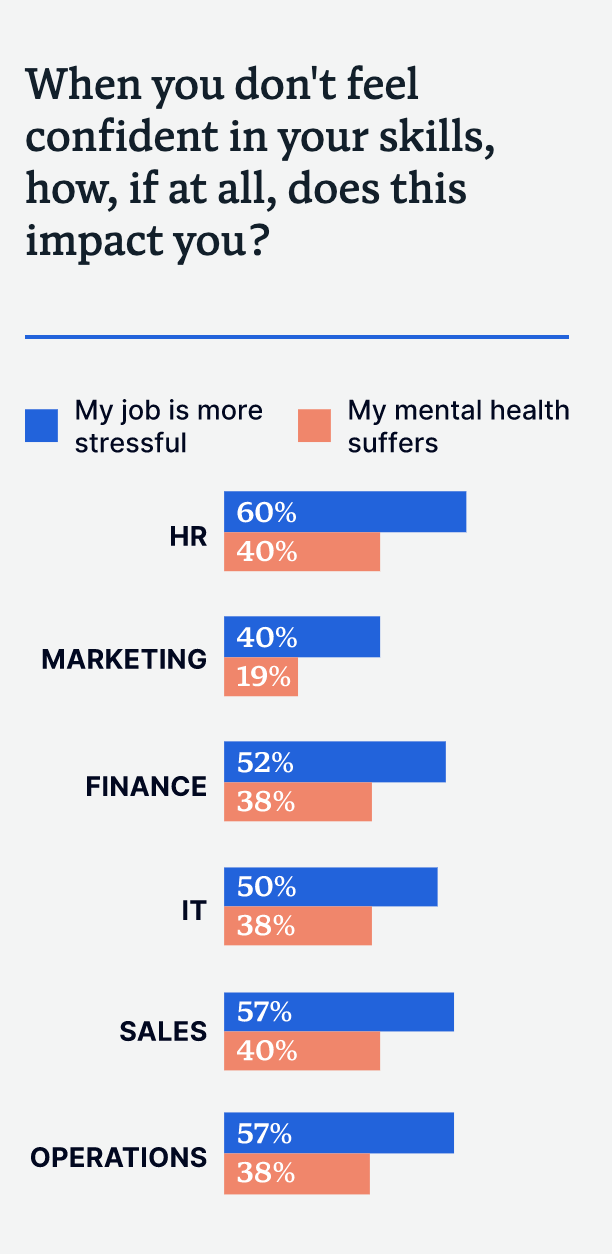2020 pandemic revealed the severe lack of business investment skilling up global workforces
COVID-19 has seen a drastic shift in the workplace amid government guidance and lockdown rules, which meant employees had to adapt.
The economic uncertainty due to the pandemic is accelerating demand for new skills among 60% of workers, according to a report by workforce upskilling platform Degreed.
It says the shift in work patterns, including adapting to remote work has prompted workers to refresh their current skills.
But, despite the demand for new skills, 46% of businesses surveyed have reduced their upskilling opportunities in the past six months.
WATCH: Why can't governments just print more money?
This has widened the global skills gap, which has impacted the mental health of employees.
Over a third (38%) of workers feel less confident they have the skills to do their job effectively — compared to pre-pandemic — and 46% predict their current skills will vanish in the next 3-5 years.
Over half of workers (55%) have said this is increasing stress levels, while reducing their productivity and performance, 41% find that tasks take longer to complete, and 22% say work is of a lower standard.
Nearly half (46%) of global workers also say they are likely to leave their employer if there are no upskilling opportunities.
Sector wise, skills in technology and telecoms, finance, and engineering are most at risk, the report shows.
When it comes to jobs. those in IT and HR jobs have the most endangered skills. While, global workers in India, France, and Brazil are the top three countries most at risk of skills mismatch.

READ MORE: Why virtual recruitment is here to stay — and how to make it work
CEO at Degreed, Chris McCarthy, said: “The businesses that survive and flourish following the crisis will be different than they were before. This means workers are having to sharpen their current skills and build new ones to meet changing demand.
“Yet just as upskilling became vital to economic recovery, most organisations have cut investment in learning and development opportunities. We already know the global skills gap is costing trillions of dollars in lost GDP. Not to mention the impact on employee wellbeing.”
McCarthy added that businesses need up-to-date information on the workforce skills to get a clear picture of organisation’s needs.
“Without this data, businesses can’t make smart decisions about the skills they need for growth, and even if these can be sourced from existing workers within their organisation or need to be learned. By understanding the complete picture of your organisation’s existing skills and targeting your energy and investment where there are the biggest risks, you’ll have a clear focus for the road ahead, improving your odds of success — and your people’s too,” he said.
Watch: How To Answer Difficult Interview Questions

 Yahoo Movies
Yahoo Movies 